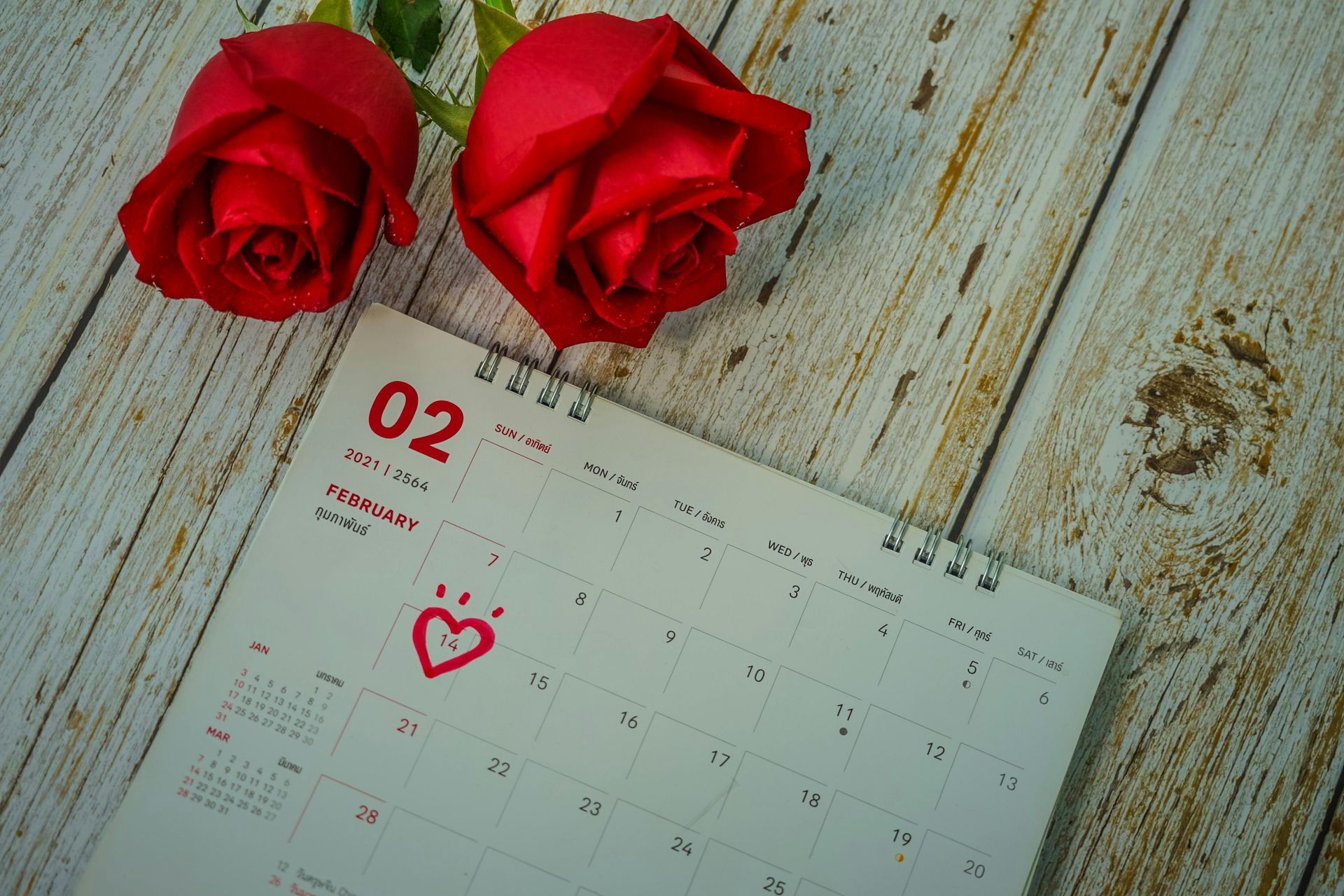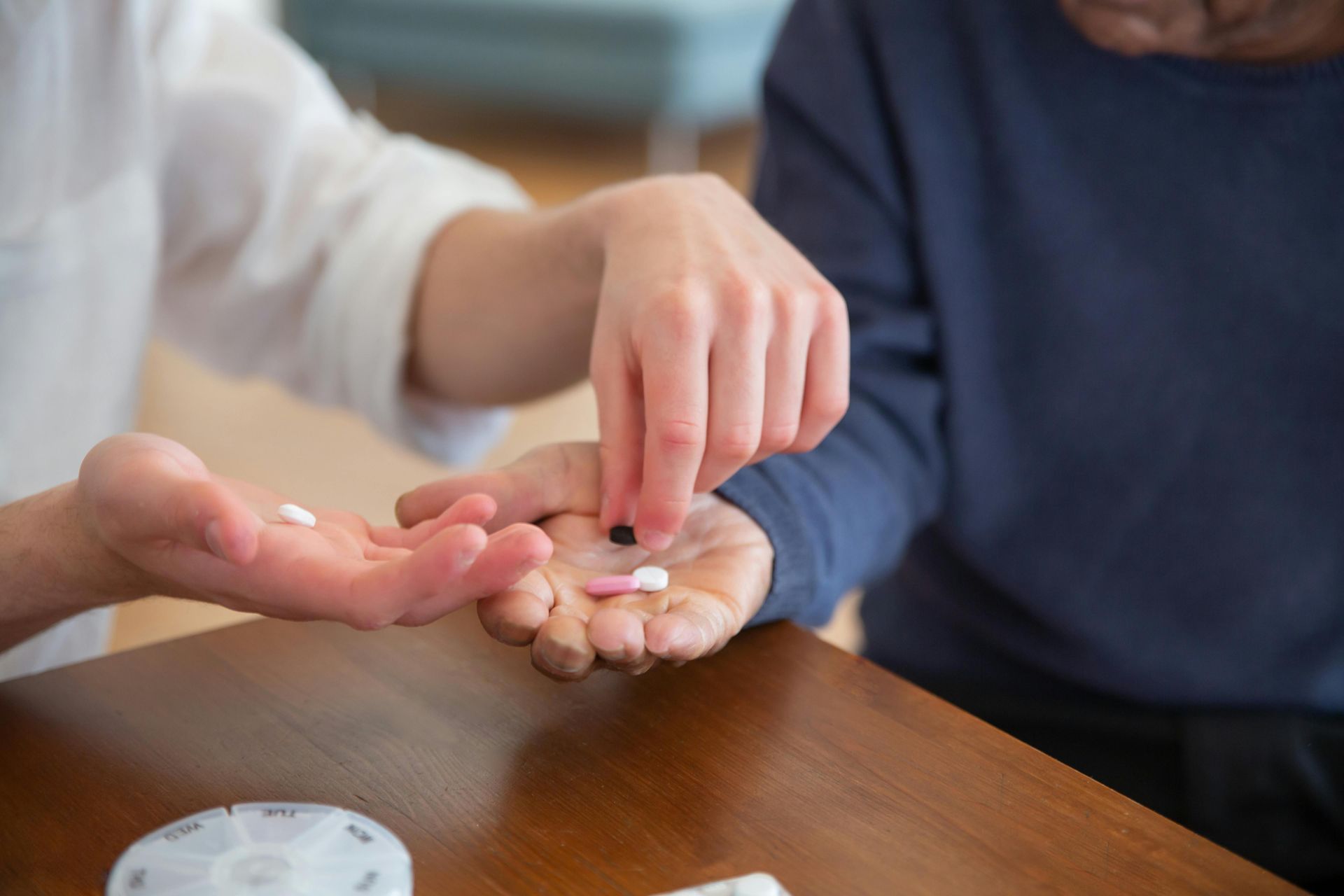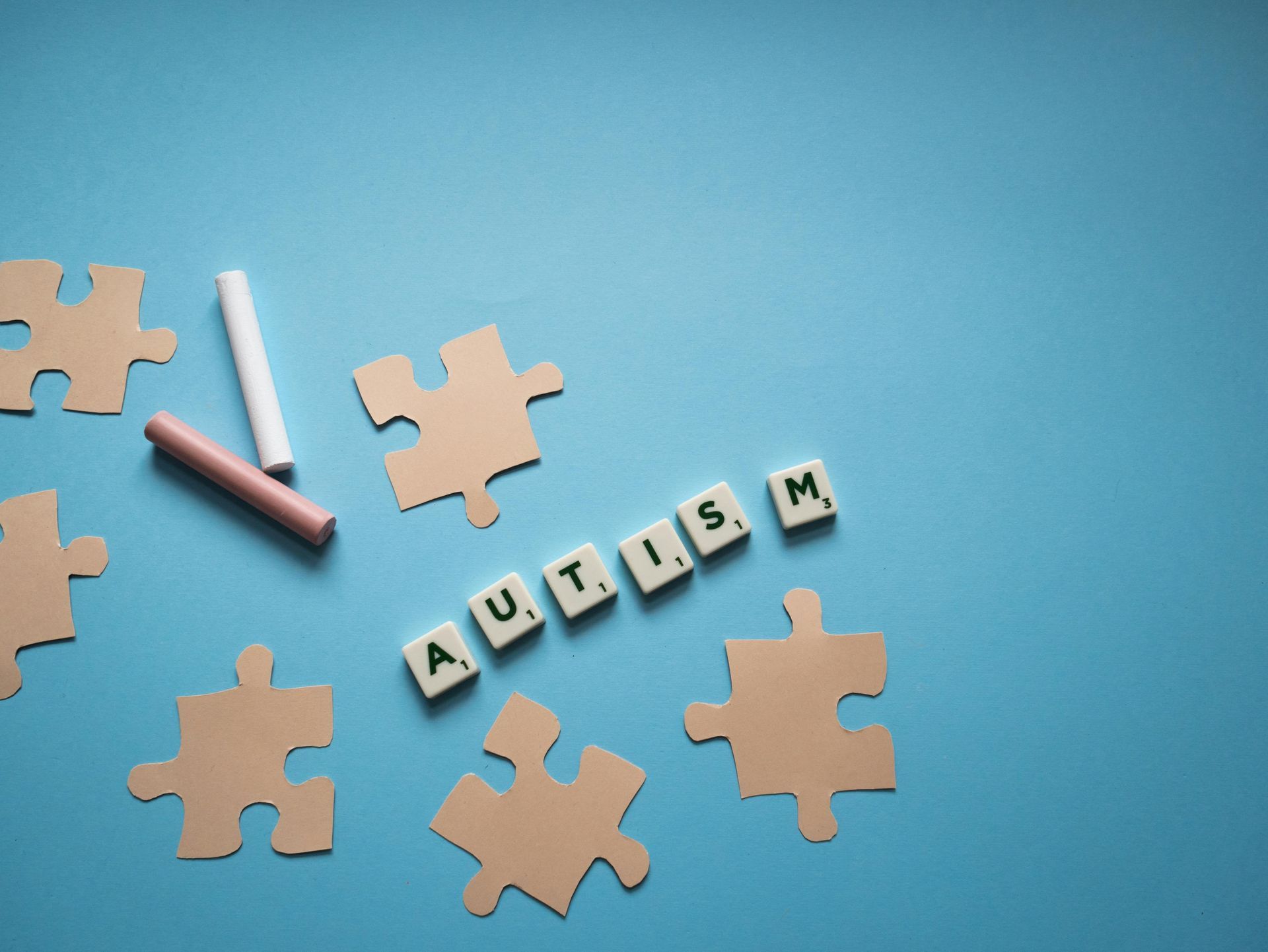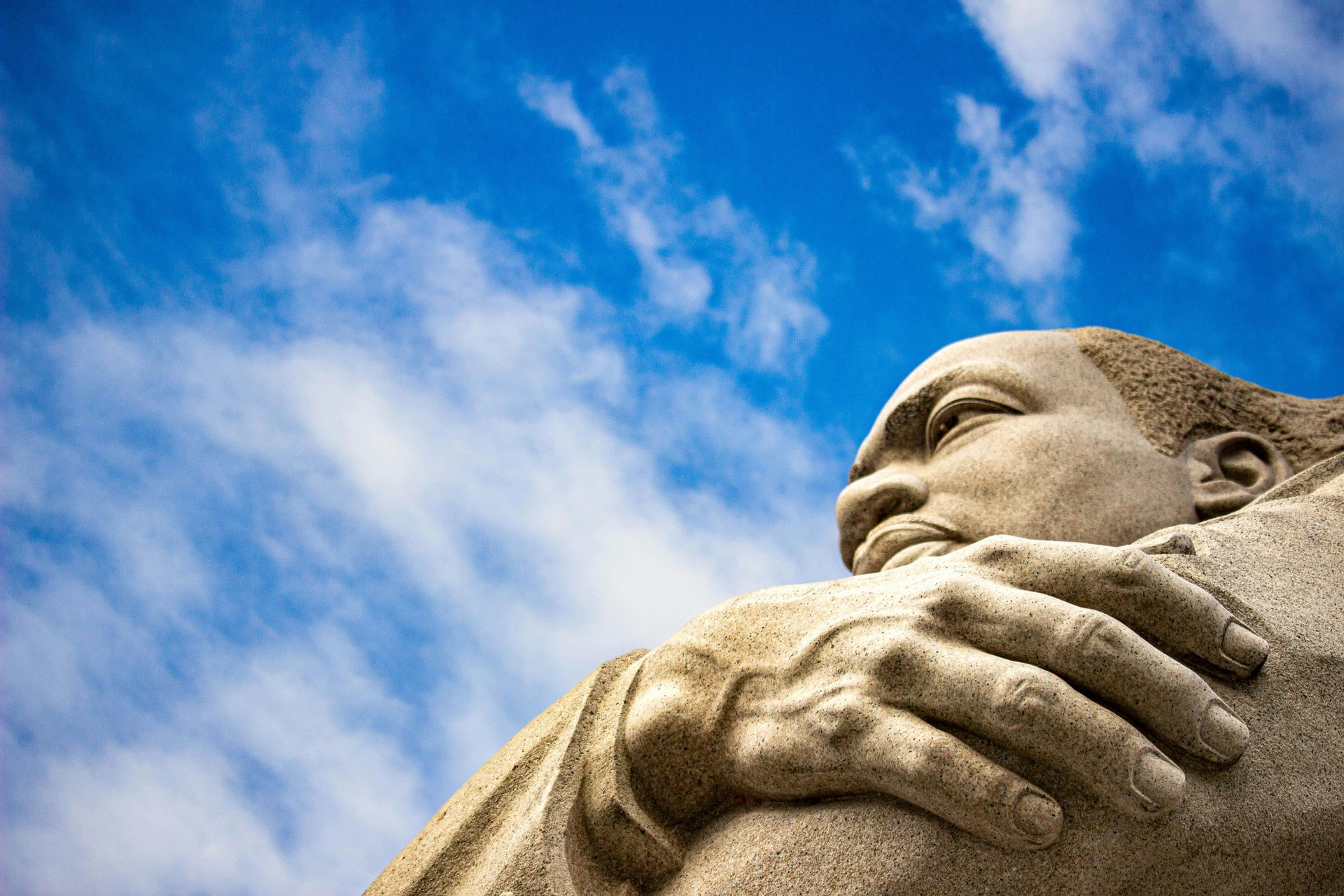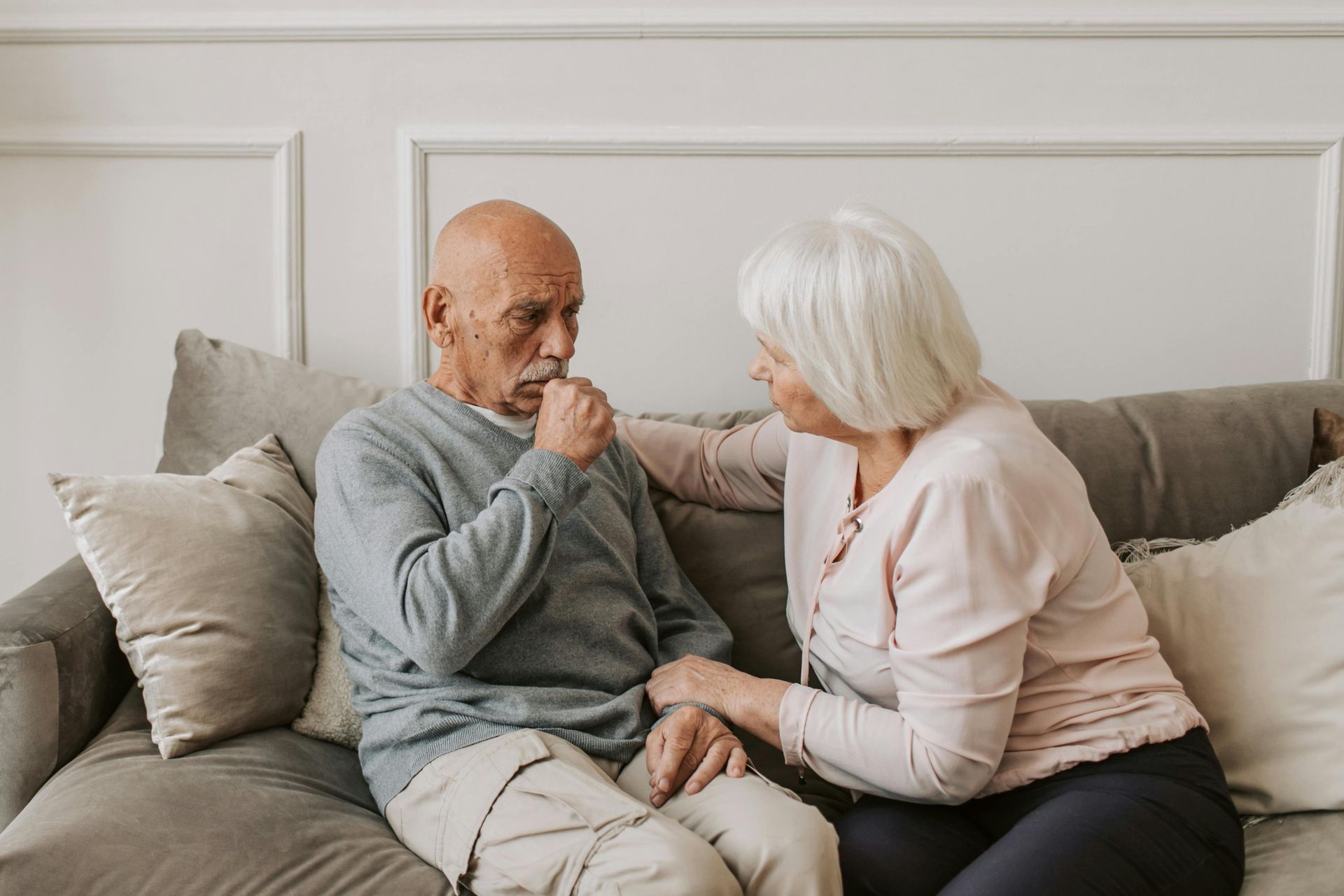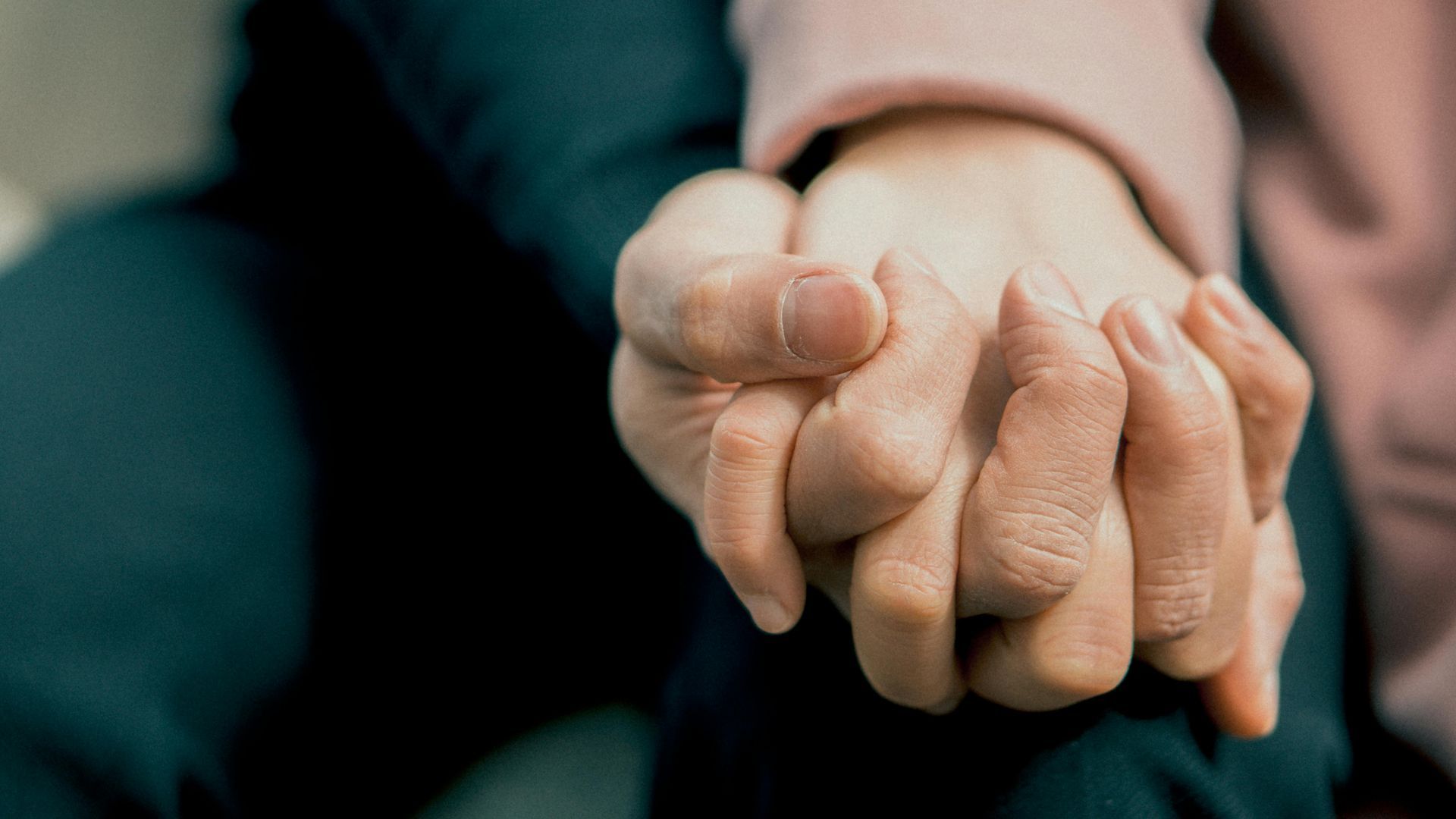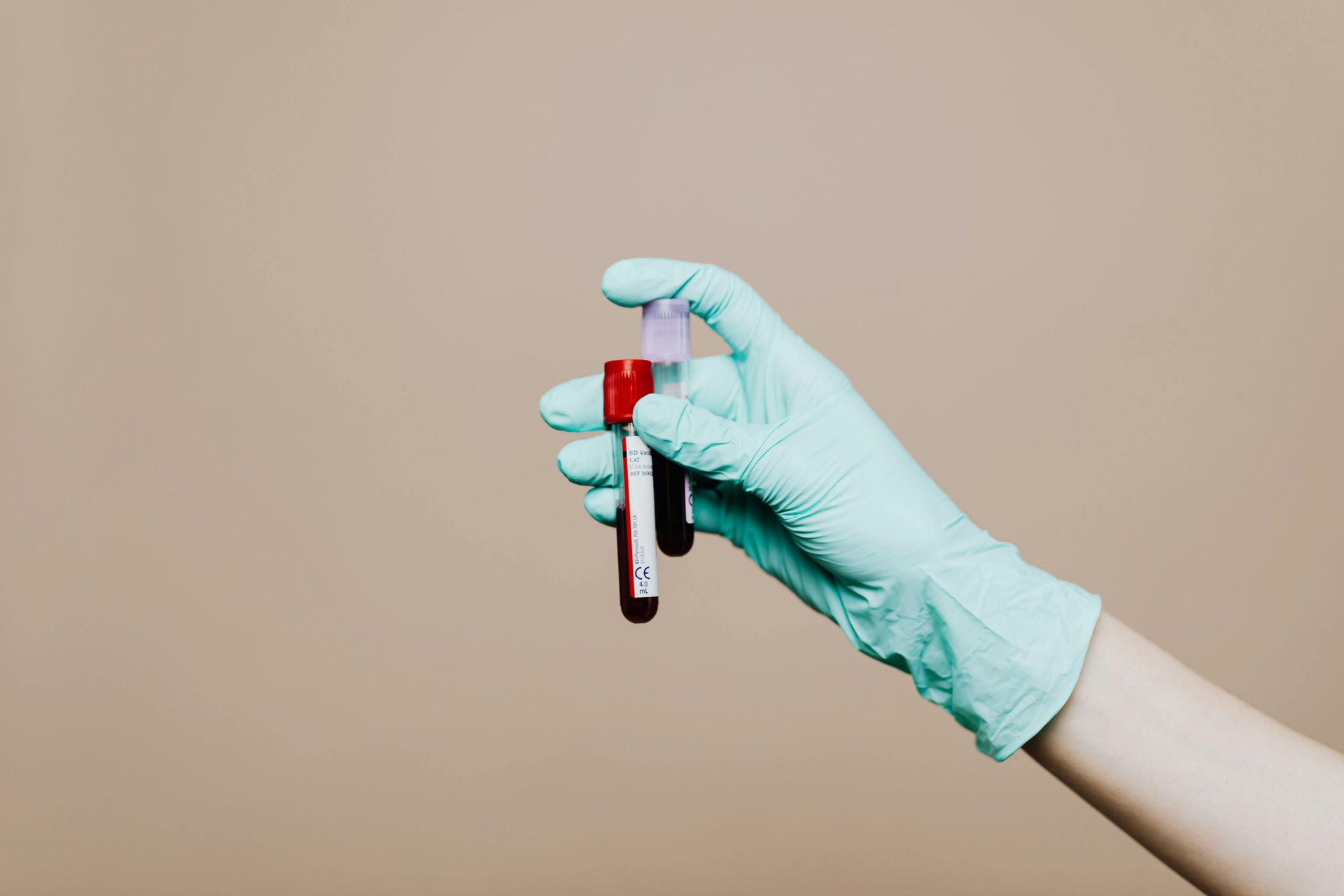At Global Hands Inc., we believe in a world where everyone has the opportunity to thrive.
This July, we join the global celebration of Disability Pride Month!
What is Disability Pride Month?
Celebrated annually in July, Disability Pride Month is a time to recognize the achievements and contributions of people with disabilities. It's also a chance to raise awareness about the challenges they face and advocate for a more inclusive world.
The History of Disability Pride Month
The roots of Disability Pride Month can be traced back to 1990 – a significant year for the disability rights movement. In July of that year, the Americans with Disabilities Act (ADA) was signed into law, prohibiting discrimination based on disability. This landmark legislation paved the way for greater access and inclusion for people with disabilities.
Inspired by this victory, the city of Boston held the first-ever Disability Pride Day that same July. The movement gained momentum, culminating in the first official celebration of Disability Pride Month in July 2015, which coincided with the 25th anniversary of the ADA.
Why We Celebrate Disability Pride
Disability Pride Month is more than just parades and festivities. It's a powerful statement about the strength, resilience, and cultural richness of the disability community. It's a time to:
- Challenge stereotypes: People with disabilities are a diverse group with a wide range of abilities and experiences. Disability Pride Month helps to break down stereotypes and promote a more nuanced understanding of disability.
- Advocate for inclusion: Despite the ADA, many barriers to inclusion still exist. Disability Pride Month serves as a platform to advocate for equal access to education, employment, and all aspects of community life.
- Celebrate achievements: People with disabilities make significant contributions to our society in every field imaginable. Disability Pride Month is a time to celebrate these achievements and create a more inclusive space for future generations.
Global Hands Inc.'s Commitment to Inclusion
At Global Hands Inc., we are committed to fostering a workplace that is inclusive and accessible for everyone. We believe that people with disabilities bring a wealth of talent and experience to the table.
Throughout July, we will be highlighting stories and achievements of people with disabilities, as well as sharing resources and information on disability inclusion.
We encourage you to join us in celebrating Disability Pride Month! Let's work together to create a world where everyone feels empowered, valued, and included.

